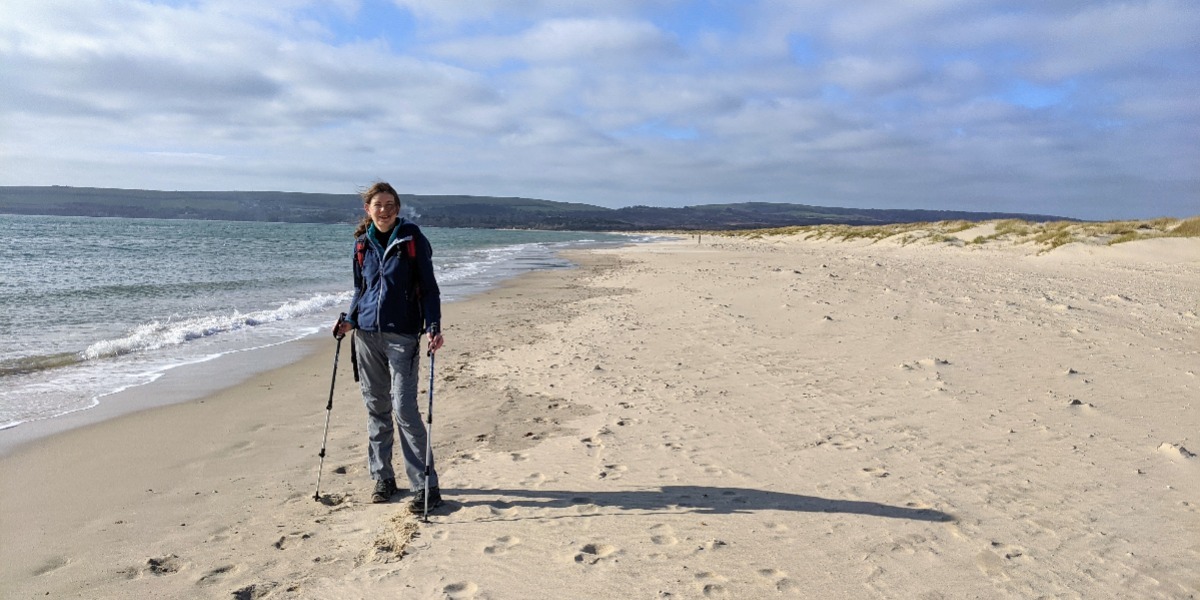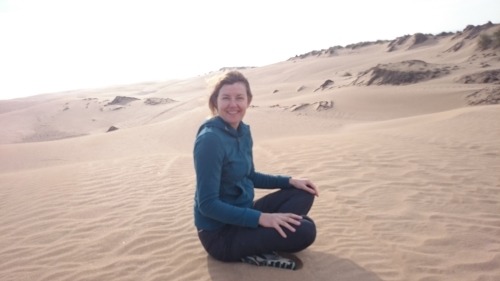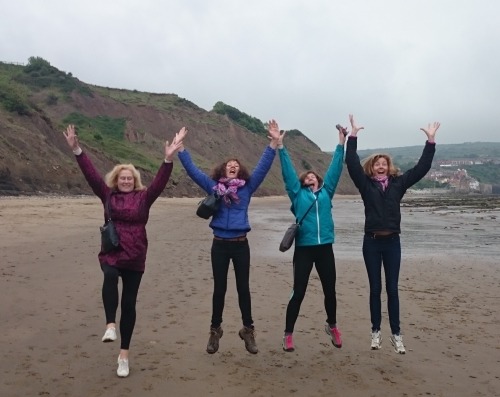
Having left my last teaching job over 4 months ago, I have been mulling over the merits of filling my day with purposeful activities. I have set myself targets, with varying degrees of success. This is a question that has been on the minds of thousands of people in the past year, as they have also found themselves at home with long stretches of time, which would have previously been filled with work. After years of having our days structured for us, how do we deal with organising it for ourselves? At work, our day is more or less designed for us: we know what time things will happen and what we have to do that day. Without that structure, what is the best way to organise your day without feeling lethargic and purposeless? Is it necessary to plan each day? Does this have an effect on our well-being?
Most people agree that it is best to establish some sort of daily routine. I have read articles of how best to do this ranging from a few suggestions to a full hour by hour exhausting schedule! My preference is something in between and something flexible. After all. the main reason I left work was to say goodbye to the rigid timetable and hello to a more flexible lifestyle.
One of the celebrity personalities who discusses mental health who I admire is Dr Phil Hammond. He is funny, down to earth, sometimes controversial, but essentially caring and compassionate. His philosophy, as I understand it, is that to save the NHS we need to live in a more healthy way, so we only rarely have to use it. He says:
“Our health is our freedom to live a life that we have reason to value, and our ability to bounce back when our circumstances change and life kicks us in the teeth. Both of these elements of health are more likely to happen if we try to adopt daily habits that are fun, good for us and rewarding. One way to remember them is the acronym CLANGERS, which depicts 8 daily vitamins (and joys) of health.”
His 8 daily vitamins are:
The full article can be read here: https://www.drphilhammond.com/blog/2018/09/18/health4all/2593/
This makes a lot of sense to me, so it seems like a good idea to aim for. But how many of us can actually motivate ourselves to do this every day, day after day? If we are not realistic about how much of this we can achieve, we can end up beating ourselves up if we don’t achieve everything on the list. This can then lead to a downward spiral of negative feelings of inadequacy or lack of fulfilment.

Having had the imposed routine of work for so many years, it is very hard to design a routine of your own that works, is achievable and that you carry out each day.
I’ve tried various ways of structuring my day. I have set the alarm at 7, I have written out a timetable of activities, I have created to do lists, I have given myself rules. I found that I never got through the to do list (very much like being a teacher!) and it felt a bit like I was at work again. I also broke plenty of my own rules! However, I was now deciding on my own activities, so that brought a new level of satisfaction and enjoyment. I just needed to get the balance right.
What I have come to terms with for now (as it’s always changing!) is to have a general list of activities that I enjoy, are productive and I know are good for my well-being. I then do as many of them as I can in a day, but without timings. I am finding that I am getting quite a lot done, but feel much more relaxed about it. There are also many days, especially now we can get out and about again, when I go for a hike or visit family for a full day. The other things don’t get done on days like this, but it doesn’t matter as my well-being is still being looked after by exercise or connecting with loved ones. I think I’m finally finding a calmness and a rhythm to my days that suits me. This will be different for all of us and it takes time to work it out.
I am looking for part-time work so my routine will change when I start that. Things are always changing, nothing lasts, so it is important that we are flexible and are able to adapt to any eventualities.

This is a routine I have designed for myself and it is important that each of us decides what we enjoy, gives us satisfaction, and at the same time keeps us healthy. I think my day fits in most of the CLANGERS daily vitamins.
There is always a danger of procrastinating and wasting time on aimless scrolling through social media or YouTube videos. I am guilty of this as much as everyone else. When I do this I feel frustrated with myself, as I don’t want to waste a minute of this precious life. Therefore, it is important that we recognise our purpose and work towards it. Part of that purpose should be finding some creative activities that we enjoy. If we create, there is also an end product that provides greater fulfilment and satisfaction.
Motivating ourselves and finding a plan that works is difficult. But the reward is the feeling of well-being at the end of the day. It is great to look back and to be grateful for all this newly reclaimed time and to know that we are filling it with all the things we love.
Are you a planner? Do you have a daily routine? Is it necessary? Is your wellbeing affected? I’d love to hear your thoughts and comments.